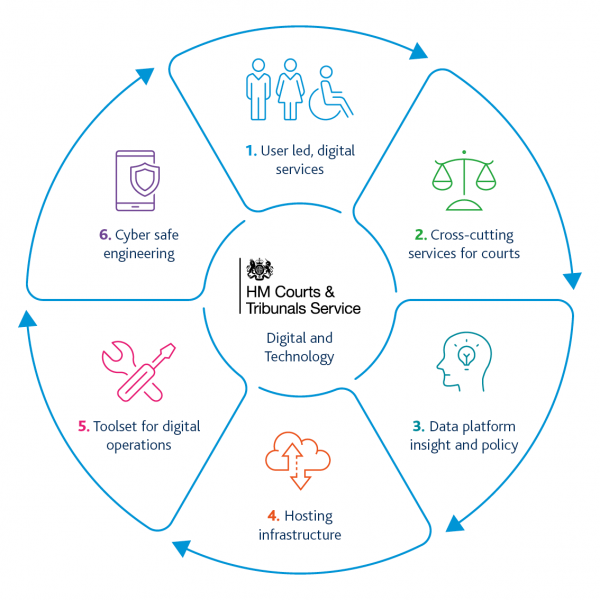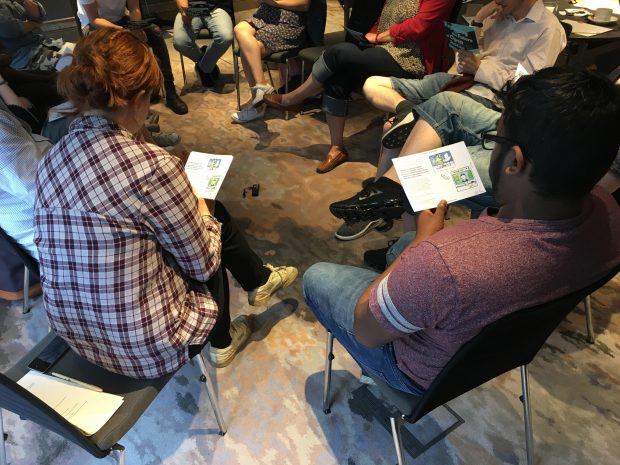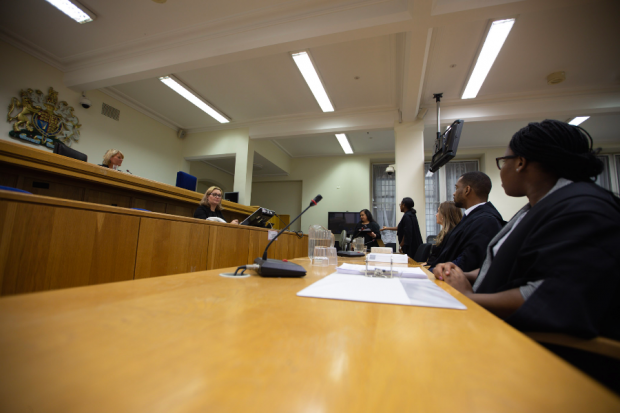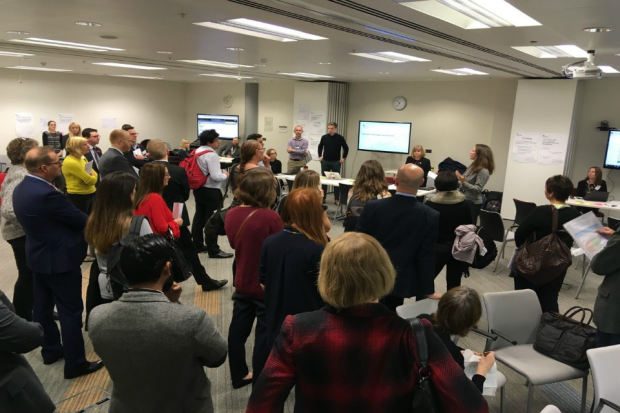Welsh Language Services: here when you need us
Welsh Language Services: here when you need us
Hywel, Caren and Mari from the Welsh Language Unit to explore the support available, from dedicated helplines and translation services to in-court interpreters and why being able to speak your first language can make all the difference during life's most difficult moments.











